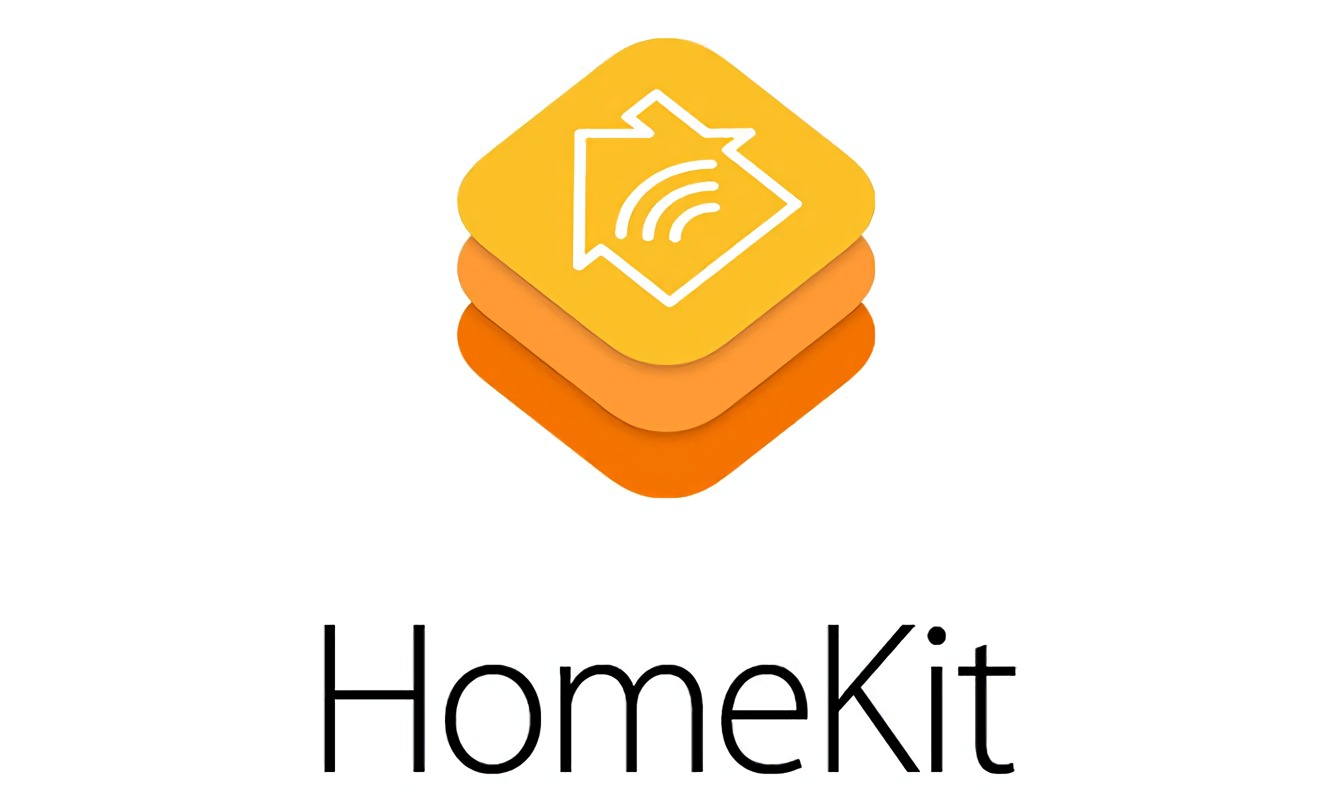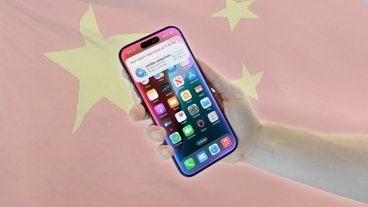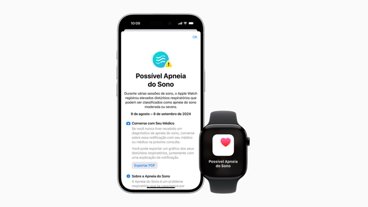According to a report on Monday, the slow pace at which devices compatible with Apple's HomeKit are trickling in can be attributed to last-minute security changes, including a modified hardware certification process and tweaks to the networking ecosystem.
Citing industry sources, The Register reports Apple is requiring hardware makers adopt HomeKit-certified chipsets and specialized firmware for security reasons, adding to build cost and in some cases forcing fundamental design changes. While true, Apple's protocols have been in play for some time and are likely not, as the report asserts, "capricious changes."
Reports in January noted Apple finalized HomeKit program details in November, around the time compatible authentication chips started shipping from Broadcom and Texas Instruments. Along with Marvell, the three chipmakers are responsible for supplying certified Bluetooth and Wi-Fi components to be embedded in HomeKit-compatible smart home devices. Broadcom recently announced its Wireless Internet Connectivity for Embedded Devices (WICED) platform was fully vetted by Apple for use with HomeKit.
Among the more questionable assertions is a claim that Apple is barring devices from performing ad-hoc communication, which would seemingly preclude device-hopping mesh networking options, a staple of existing smart home solutions. Instead, the publication's sources said Apple wants manufacturers to run all device commands through iCloud and Apple TV, a suspect claim given recent hub hardware releases from Insteon and Lutron that boast HomeKit certification. AppleInsider did discover remote access relay functionality for HomeKit devices in an October Apple TV software update, suggesting the device would one day see use as a smart home hub alternative.
The publication cites sources as saying Apple is working on a range extender to carry signals from a central Apple TV hub. The idea is interesting and could be useful to those already invested in Apple's hardware ecosystem if incorporated into an AirPort Express, for example.
Apple's HomeKit initiative has faced substantial delays and is only now bearing fruit more than one year after being announced. Rumors in in May pointed to a delay caused by critical software issues. Apple subsequently debunked those claims, saying the first products were due for launch in June.
HomeKit was introduced at Apple's Worldwide Developers Conference in June 2014, as a built-in iOS 8 feature that allows iPhone and iPad users to communicate with and control products in a connected home ecosystem. Developers and manufacturers can build in support for task macros, or groups of actions, and even invoke device functions using the Siri virtual assistant.
 Mikey Campbell
Mikey Campbell







-m.jpg)






 Wesley Hilliard
Wesley Hilliard
 Malcolm Owen
Malcolm Owen
 Andrew Orr
Andrew Orr
 William Gallagher
William Gallagher
 Sponsored Content
Sponsored Content
 Christine McKee
Christine McKee

 Thomas Sibilly
Thomas Sibilly







27 Comments
Apple needs to get the new Apple TV out there and plenty of HomeKit-certified devices. I'm probably going to end up snagging some 2nd gen Nest Fire alarms and thermostat, plus some WeBo devices that hook into my Amazon Echo.
There are many of us that purchased Ecobee3 thermostats between late Nov, 2014 and June 2015 fully expecting Homekit compatibility via either a software or firmware upgrade. It's rumored that Apple's chipset requirment forced Ecobee's hand and made it impossible for them to updrade our devices without a swap (which Ecobee has chosen NOT to do except in a very expensive way) leaving myself and others with an early prototype device essentially with no Homekit function. The dates reported here make me suspect that Ecobee in fact released the E3 knowing full well that the early adopters would be left holding the bag with the early units. Apple and Ecobee should sort this out for not just each other but for their end-user customers. It appears Ecobee "dumped" the early E3's. Not cool.
There are many of us that purchased Ecobee3 thermostats between late Nov, 2014 and June 2015 fully expecting Homekit compatibility via either a software or firmware upgrade.
You should know that Apple always uses hardware authentication chips. It's necessary for all of the MFi devices, including cars, AirPlay, full-power Bluetooth, etc. If it wasn't built in on day one, there will never be any upgrade.
Why should I know that? I'm not an engineer and don't claim to be one. [quote name="konqerror" url="/t/187195/stringent-apple-homekit-certification-cause-of-slow-market-acceptance-report-claims#post_2747560"] You should know that Apple [B]always[/B] uses hardware authentication chips. It's necessary for all of the MFi devices, including cars, AirPlay, full-power Bluetooth, etc. If it wasn't built in on day one, there will never be any upgrade. [/quote]
“We want to churn out crap and make as much money as possible with as little work as necessary.
If we want to get HomeKit certified we will have to raise out standards and it’ll cost more..."